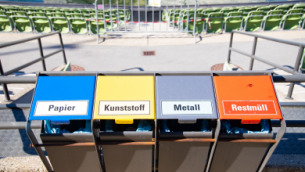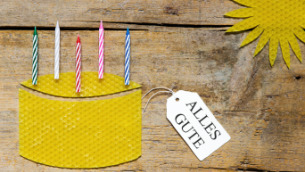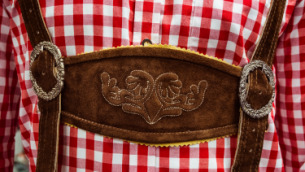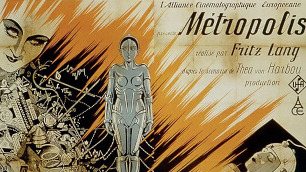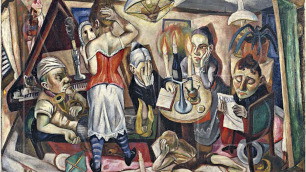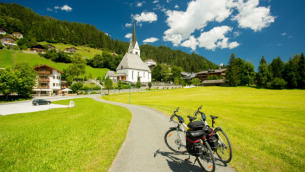Quiz 5A: Verbs Frequently Found in the News
Enter the number with the correct meaning of the verb next to the sentence. We've broken this down into two parts to make it easier for you to read.Part 1:
| A - to reduce B - to belong to C - to defend D - misunderstand E - to change |
- Zu den Nachrichten gehören gute und schlechte Meldungen.
- Viele Leser missverstehen diese Geschichte.
- Die öffentliche Meinung verändert sich gerade.
- Europa verringert die Abhängigkeit von russischen fossilen Brennstoffen.
- Wir verteidigen Europa und die europäischen Werte.
Part 2:
| A - to receive B - to recommend C - to use D - to destroy E - to escape |
- Der Krieg in der Ukraine zerstört viele Gebäude und Wohnhäuser.
- Der Dieb ist der Polizei entkommen.
- Der Tourist erhält seine gestohlene Armbanduhr wieder.
- Die EU-Kommission empfiehlt Kandidatenstatus für die Ukraine.
- Die Krähe benutzt einen Dosendeckel als Snowboard.
Quiz 5B: Separable and Non-Separable Verbs
There are verbs with separable prefixes and verbs which have non-separable prefixes. Enter <1> into the box for a non-separable verb and <2> for a separable verb. There are no cues, so be sure to read the sentences carefully. Translations are below.- Fakten belegen die These der Wissenschaftlerinnen.
Facts prove the scientists' (f) theory.
- Das Fest findet in Ludwigsburg statt.
The celebration takes place in Ludwigsburg.
- Die Reisenden erzählen von ihren Erfahrungen.
The travelers tell about their experiences.
- Die Richterin genehmigt den Antrag.
The judge (f) permits the request.
- Die Bergsteiger gehen auf den Berg hinauf.
The mountain climbers go up the mountain.
- Die neue Regierung passt auf die Menschenrechte auf.
The new government pays attention to human rights.
- Der Gesundheitsminister verbringt drei Tage bei der Konferenz.
The Secretary for Health spends three days at the conference.
- Die Demonstranten kommen morgen nicht zurück.
The protesters will not return tomorrow.






